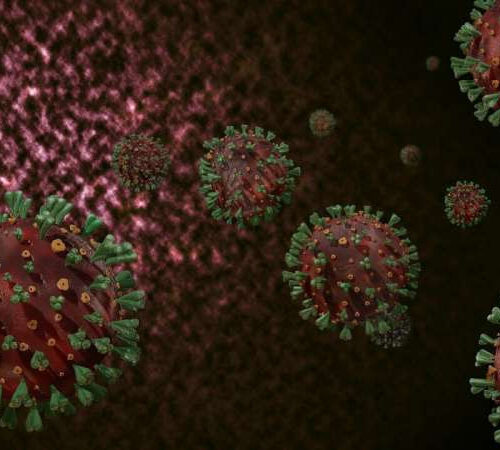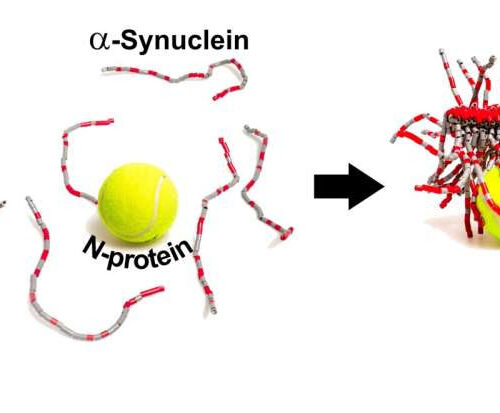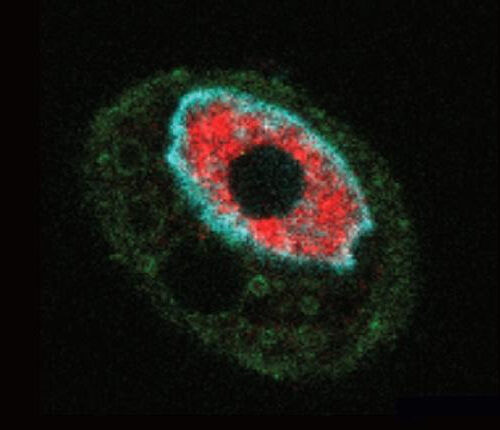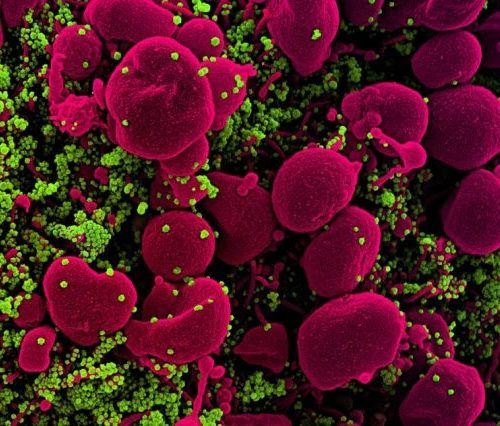by University of Bristol Credit: Pixabay/CC0 Public Domain A new study has shown how SARS-CoV-2 may contribute to severe microvascular damage seen in severely-ill COVID-19 patients by transforming human heart vascular cells into inflammatory cells, without infecting them. The University of Bristol-led research, published in Clinical Science, indicates blocking antibodies could represent a new treatment to...
Tag: <span>SARS-CoV-2 protein</span>
SARS-CoV-2 protein interacts with Parkinson’s protein, promotes amyloid formation
by American Chemical Society The SARS-CoV-2 N-protein can interact with α-synuclein in the test tube and help it form amyloid fibrils, a hallmark of Parkinson’s disease. Credit: Adapted from ACS Chemical Neuroscience 2021, DOI: 10.1021/acschemneuro.1c00666 Case reports of relatively young COVID-19 patients who developed Parkinson’s disease within weeks of contracting the virus have led scientists...
How one SARS-CoV-2 protein keeps cells from fighting back
New research has uncovered a way SARS coronaviruses delay an immune defence against them. The coronavirus responsible for the SARS outbreak of 2003 and the one causing the current pandemic may prevent cells from responding to infection in a similar manner. They do this by making a viral protein that keeps molecules from moving through pores in...
SARS-CoV-2 protein blocks an essential step in host gene expression, new discovery finds
Vanderbilt biochemist Yi Ren is part of a team that has identified a new behaviour of a SARS-CoV-2 protein and discovered that interfering with its function can block virus replication in host cells. This opens up the potential for new therapeutic targets for COVID-19. The article, “Nsp1 Protein of SARS-CoV-2 Disrupts the mRNA Export Machinery to Inhibit...




